Polypous rhinosinusitis

specialists

equipment

treatment
Symptoms of polypous rhinosinusitis
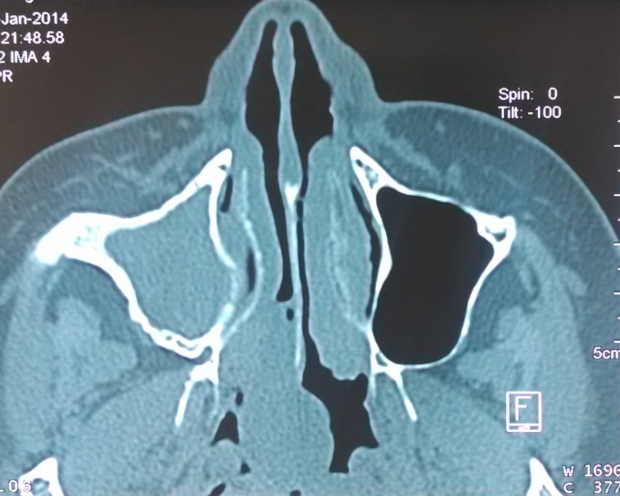
Often the patient’s first complaint is a decrease in sense of smell, since the olfactory region is located in the upper parts of the nasal cavity and is the first to suffer when polyposis “occurs.” Somewhat later, nasal congestion appears, difficulty in nasal breathing, mucous discharge from the nose, an increasing decrease in the sense of smell and deterioration in nasal breathing, which does not go away even after the use of vasoconstrictor drugs (decongestants). The development of the disease can lead to a complete absence of nasal breathing, headaches, and loss of smell (anosmia).
Complaints with nasal polyps (polypous rhinosinusitis) are as follows:
- Decreased or absent sense of smell.
- Nasal stuffiness.
- Impaired nasal breathing.
- Nasal discharge.
- Pain in the paranasal sinuses.
- Headaches.
General information about the treatment of polypous rhinosinusitis
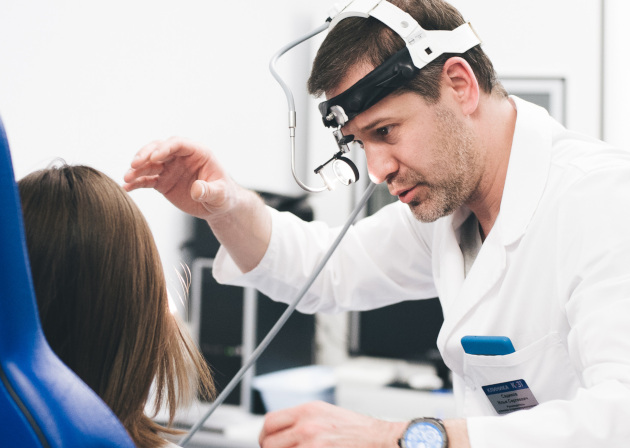
How is an appointment with an otolaryngologist at K+31?
Our doctors

This award is given to clinics with the highest ratings according to user ratings, a large number of requests from this site, and in the absence of critical violations.

This award is given to clinics with the highest ratings according to user ratings. It means that the place is known, loved, and definitely worth visiting.

The ProDoctors portal collected 500 thousand reviews, compiled a rating of doctors based on them and awarded the best. We are proud that our doctors are among those awarded.
Make an appointment at a convenient time on the nearest date
Price

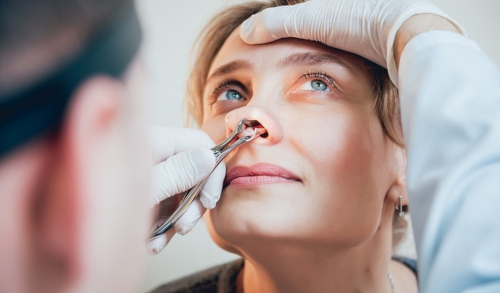
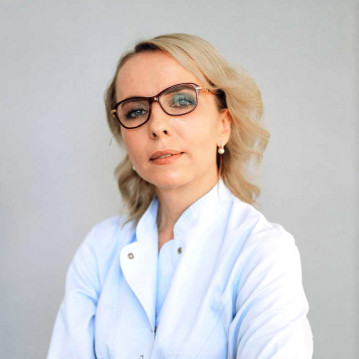
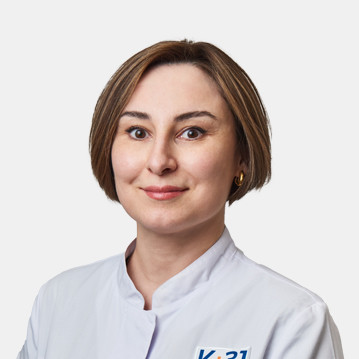
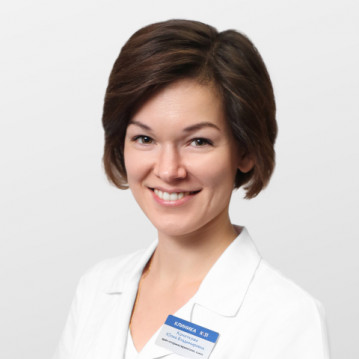

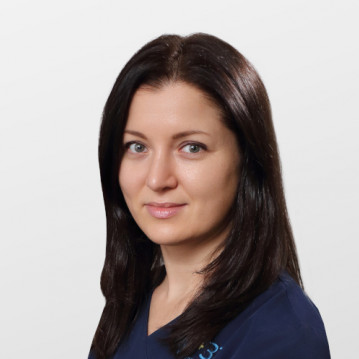
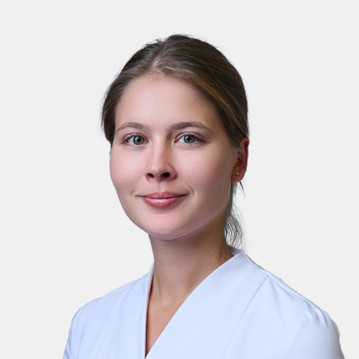
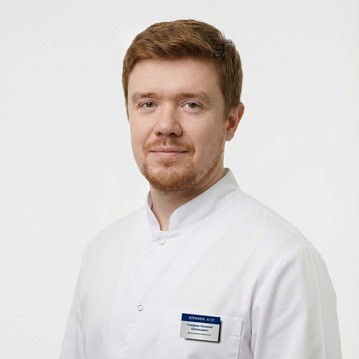
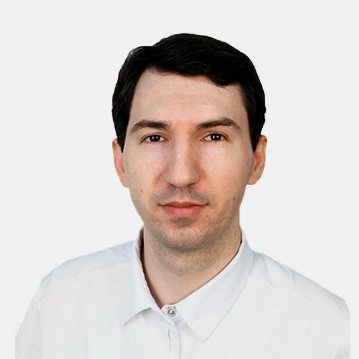
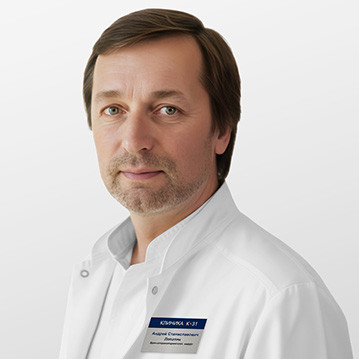
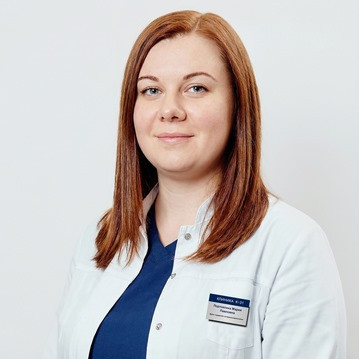
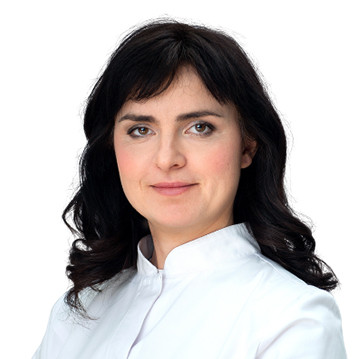
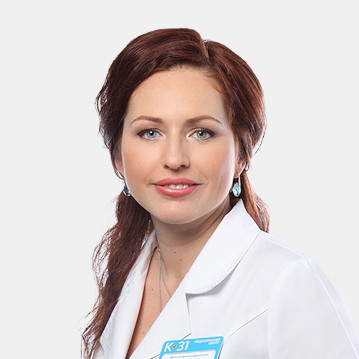
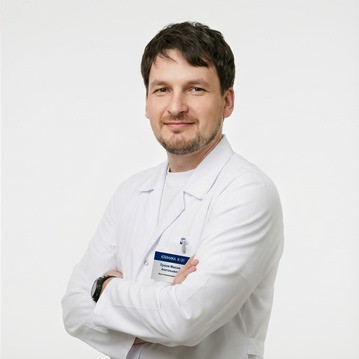
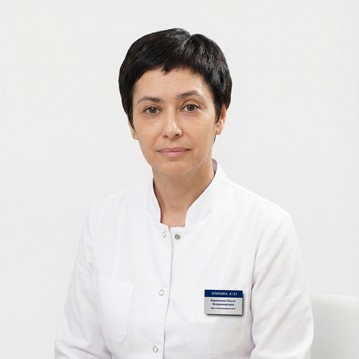
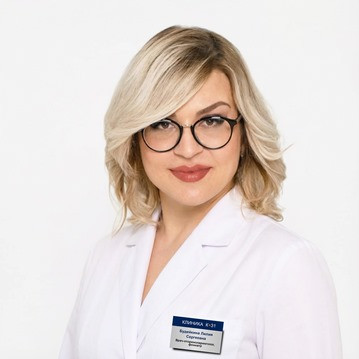
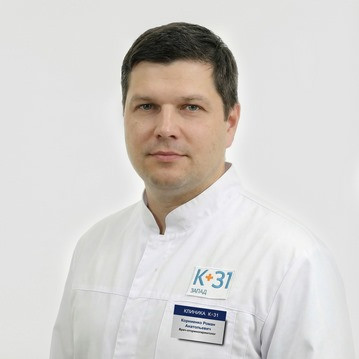
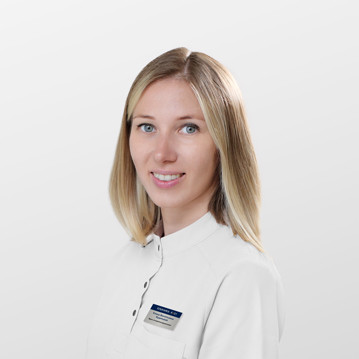
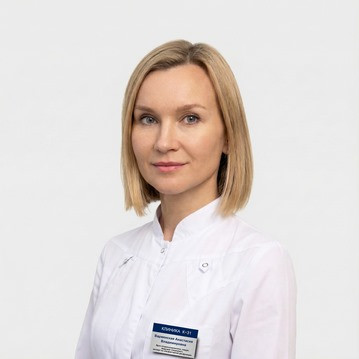
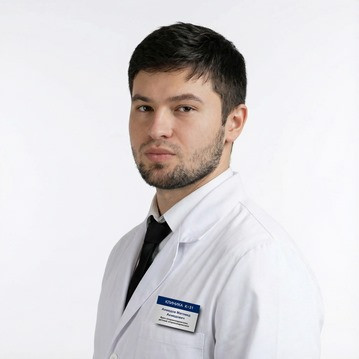

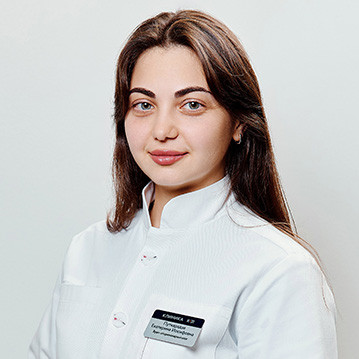
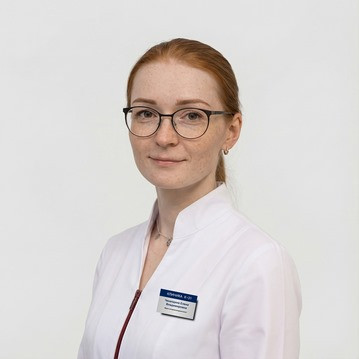
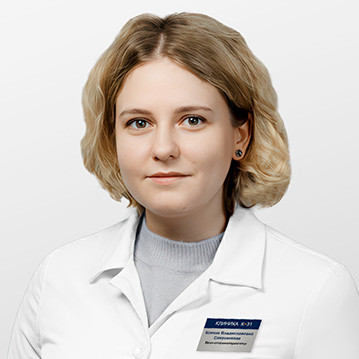
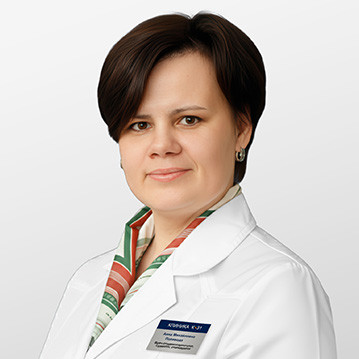
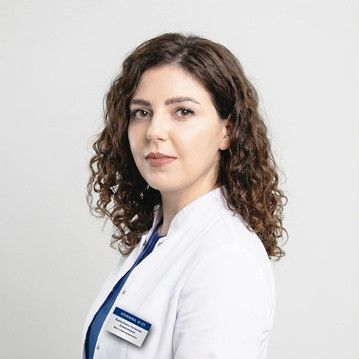
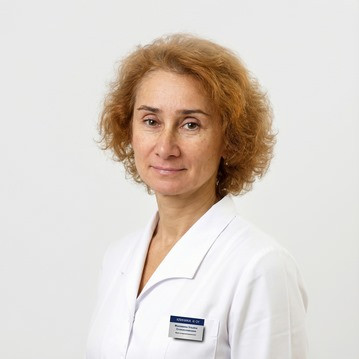
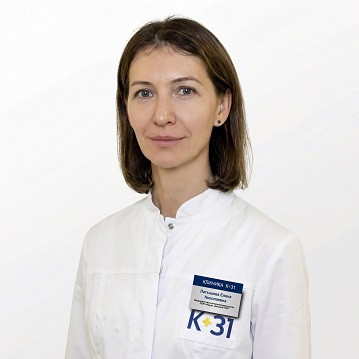
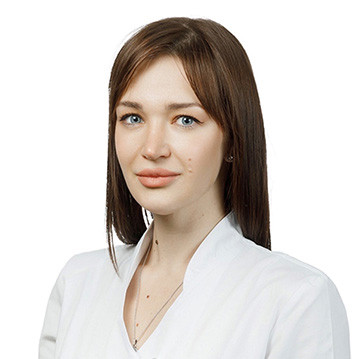
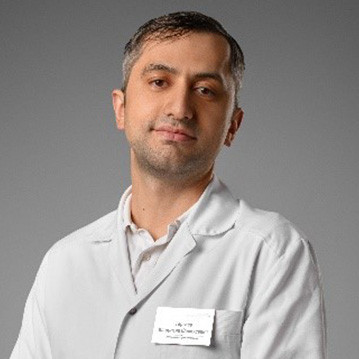







About the disease
Polypous rhinosinusitis is a disease characterized by specific changes in the mucous membrane of the nasal cavity and paranasal sinuses. There are various forms of this pathology, including those associated with bronchial asthma, with the presence of cysts of the maxillary sinuses (antrochoanal polyps), polypous changes in the mucous membrane due to chronic inflammation, the presence of a deviated nasal septum, and so on. Differential diagnosis must be carried out with neoplasms of the paranasal sinuses and cerebral hernias, which makes computed tomography of the paranasal sinuses mandatory for this pathology.